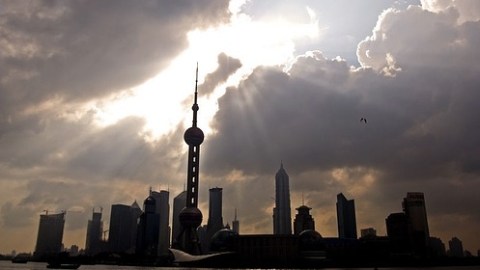21st-Century China: The Center of the World?

Sign up for the Smarter Faster newsletter
A weekly newsletter featuring the biggest ideas from the smartest people
“For centuries in the past we’ve been in the center of the world.In fact, you know, ‘China’ in Chinese means ‘the middle kingdom,’ that we are in the middle of the world…This current or recent rise of China…for many Chinese it is just the way that we get back to where we ought to be,” says Edward Tse, Booz & Co.’s management consultant and author of “The China Strategy.” But will the story of the 21st century be the story of a Chinese economic juggernaut rising to predominance? Or a more moderate story of power shared across interdependent nations? Tse reflects on these and other far-reaching questions in his Big Think interview.
According to Tse, the 2008 financial meltdown made China wary (or warier) of plunging headlong into Western-style free-market capitalism. As a result, it may not directly mimic the “East Asian model” of neighbor nations like Japan and South Korea, instead choosing a more complex path into the global market. At the same time, China is becoming more open and entrepreneurial with each passing year, meaning that Western multinational corporations must either take it seriously as “a base where…companies need to do research and development, do product development, and then integrate the China operations into the global operations,” or risk irrelevance.
Tse also addresses the recent Google pullout from China, hinting that with robust Web search competition in the region the search giant may not be missed. At the end of the interview, he lays out a vision for the 21st century as a “multiple-power” (as opposed to superpower-driven) economic system whose success will hinge more on cooperation than competition.
Sign up for the Smarter Faster newsletter
A weekly newsletter featuring the biggest ideas from the smartest people




